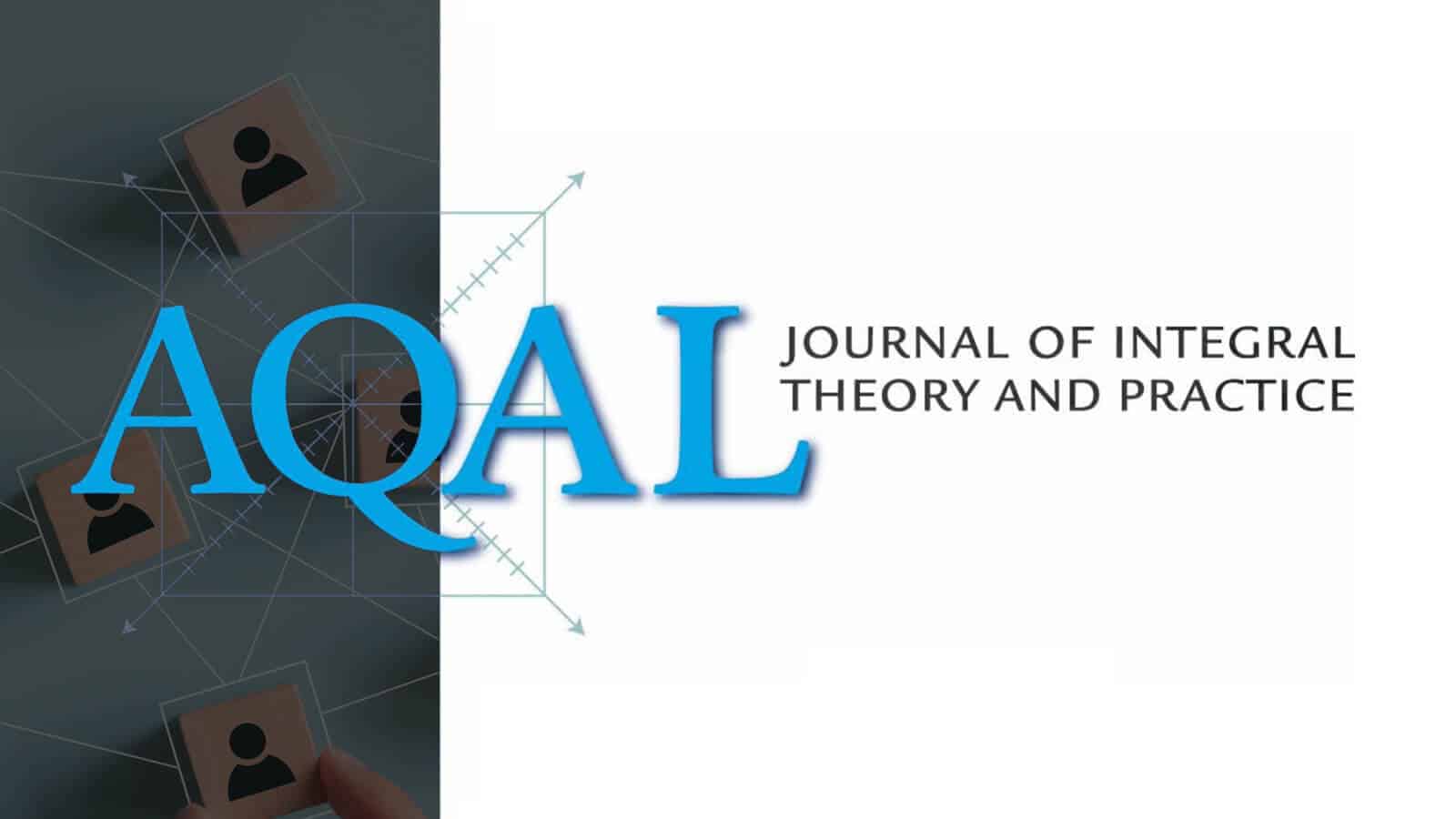Human service organizations aim to address personal and social growth and development in the communities they serve. At the same time, these organizations must respond to increasing client complexity and diversity within a rapidly changing global environment. This includes the ability to respond to the needs of an ever-increasing aging population as well as the spiritual diversity within communities. There is also an increasing emphasis on interorganizational collaboration as a way to better meet the needs of disadvantaged populations. Integral Theory offers a map to guide the human service manager in handling these complex organizational interactions while aligning with the mission of addressing personal and social growth and development.
Introduction
There is discussion regarding the growing need for human service organizations to be able to respond to increasing client complexity and diversity within a rapidly changing global environment. In particular, human service organizations should be able to model high-level environmental negotiations and interactions, empowering clients served by the agency. Recently, more emphasis has been placed on open-systems perspectives and strategic management practices that deal proactively with environmental uncertainty.
Human services organizations, however, are lacking an integrative theory that can guide practitioners throughout the agency at all levels. There is also a gap in social work research exploring what facilitates collaboration by managers and whether this leads to more effective outcomes for clients and the communities in which the organization is embedded. This paper discusses skills managers must possess today, explores the specialized skills of the human services manager, and presents Integral Theory as the most useful framework to guide the human service organization. Research questions are generated and a review of the literature is connected to Integral concepts.
You must log in to your Integral Life membership account in order to access this Journal article.
Become a member today to access this Journal article and support the global emergence of Integral consciousness
Membership benefits include:
Premium Content
Receive full access to weekly conversations hosted by leading thinkers

Journal Library
Receive full access to the growing Journal of Integral Theory & Practice library

Live Experiences
Stay connected by participating in Integral Life live events and discussions
Courses & Products
Get unlimited 20% discount off all products and courses from our friends and partners

Free Bonus Gifts
Download The Integral Vision eBook by Ken Wilber (worth $19 on Amazon) & The Ken Wilber Biography Series

Support of the movement
Support our mission of educating and spreading integral consciousness that is more critical than at any time in its history
About Heather Larkin
HEATHER LARKIN holds an MSW from Boston University and is currently a doctoral candidate at the National Catholic School of Social Service, The Catholic University of America. Prior to pursuing her doctorate, Ms. Larkin spent seven years as a clinical social worker at Northern New Hampshire Mental Health and Developmental Services and has extensive experience with clinical issues such as severe mental illness, emotionally disturbed children and their families, aging, developmental disability, depression, anxiety disorders, abuse issues, family issues, medical issues, substance abuse, and co-occurring disorders.


